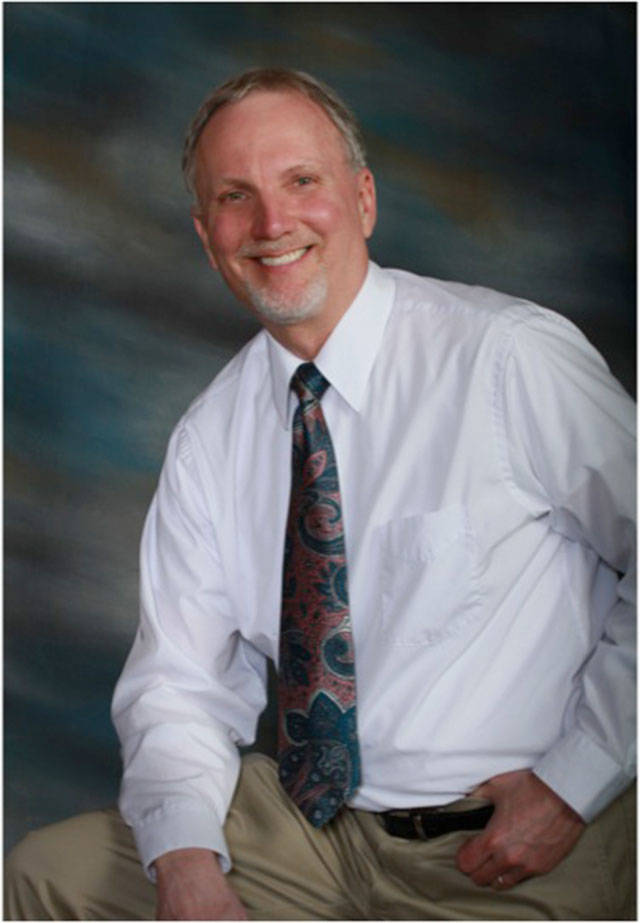“The ideas in our heads rule our world.” (Mac Bledsoe, “Parenting with Dignity”)
What if we really examined the ideas that motivate us? How would our perspectives change? It would certainly make us more self-aware. It might also cause us to realize that if we changed some of those ideas, we could change the direction of our lives and of those around us.
We are all motivated by the ideas we grew up hearing and believing. Most of us never reflected on those ideas. We either accepted or rejected them without much thought. Those ideas shaped us as adults. We are often so certain our ideas are correct that we argue them vehemently. Think for a moment about three hot topics that stir up Americans today: Capital punishment, immigration, and abortion.
Capital punishment: What is the goal of the death penalty? To punish a murderer? Is it to frighten others not to commit such acts, or is to bring a sense of justice to those whom the murderer left behind? Which is a greater punishment—death, or a life spent locked up behind bars on death row? One ends a criminal’s life, but that doesn’t bring back the victim. Why is it considered inhumane to execute someone, while putting a beloved pet out of its misery is caring?
The governor of our state has banned any more executions while he is in office. What is the basis for this decision? Executions at the time of the creations of the U.S. and the Washington state Constitutions were common, and were not considered “cruel and unusual punishment.” By what constitutional authority does our governor choose to ignore state law?
Immigration: Those who favor ridding the nation of illegal immigrants and closing our southern border claim to hold these views out of a sense of “fairness.” Illegal immigrants jumped the line of those following the rules and procedures. According to this view, illegal immigrants should be arrested and deported.
For those advocates of the undocumented, the argument follows this line of thinking: Most who come are desperate and poor. They come to escape abusive and life-endangering conditions in their native lands. The rules for standing in line to enter this country legally only benefit the educated and privileged. Reality forces them to break the law to find better lives for themselves and their children.
What about the companies that hire illegal immigrants? Shouldn’t they be culpable? In the recent ICE raids on chicken processing plants in Mississippi, illegal workers were rounded up to be deported, but the employers got off with no punishment. Does that make sense? Isn’t that unfairly favoring businesses who break the law? Many abuse their illegal workers to increase their profits. Is that justice?
There are 7.3 million unfilled jobs in this country as of the June 2019 statistics from the Bureau of Labor. Shouldn’t we be opening our doors to immigration to fill those jobs? Why can’t Congress work for solutions that are fair to all and at the same time fill the labor needs of this country?
The debate between pro-life and pro-choice: If you’re pro-life, you believe life starts at conception. Therefore, termination of this life is wrong. Isn’t this mindset purely arbitrary? Why not argue as some do that life begins when a heartbeat can be detected, or when that fetus could live on its own? How can pro-life advocates be sure they are right?
Pro-choice advocates believe that the right of the mother to control her own body trumps the right of the fetus to life. What is the basis for this claim? Aren’t all people’s lives, including those of the unborn, protected by the 5th and 14th Amendments—Roe v. Wade notwithstanding?
The debate rages on.
In all three examples, we believe as we do because of the values and attitudes we have absorbed from our families and culture. Unless we stop to reflect and research, these issues cannot be resolved.
Mac Bledsoe was right: “The ideas in our heads rule our world.” Right or wrong.


